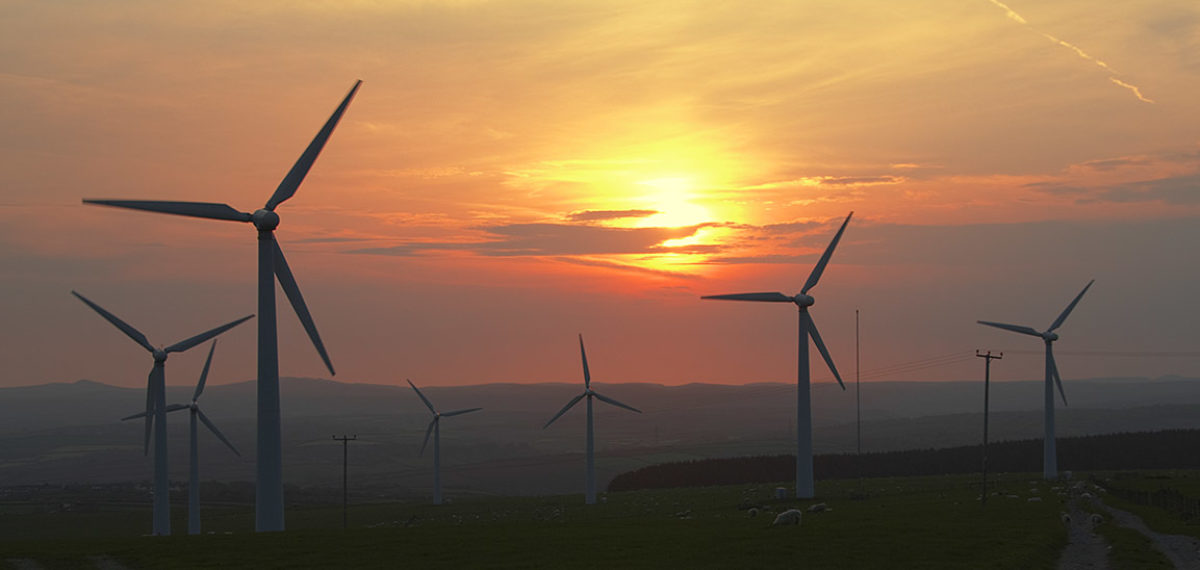The Green Buildings campaign, promoted by 100percentrenewableuk, is claiming that making 3kW of solar panels and heat pumps compulsory for new homes will increase the cost of a new house by no more than 4% (probably less) – that’s little more than half the annual increase in house prices! Fitting heat pumps and solar pv is, anyway, much cheaper than retrofitting them onto existing buildings.
Sign our petition for mandatory solar pv and banning of fossil fuel boilers in new buildings. Here!
The maths is fairly straightforward. An 8kW heat pump suitable for a new home, even at current energy efficiency standards, will cost around £2000 (see here). Netting the cost of radiators that would need supplying anyway and also the cost of a (no longer required) boiler and connecting new houses to a gas distribution grid means that a heat pump system should cost no more than around £3000. Indeed a passivhaus designed home (that is built to much higher energy efficiency standards than current building regs) will need a smaller, say 4kW heat pump which is even cheaper.
Then there is also the declining cost of solar pv to be taken into account. Even in the case of retrofitted solar pv the costs are crashing. You can now buy 3.6 kW of solar pv for around £2,200, seen HERE
The heat pumps and solar pv still have to be fitted, but in a new house such fitting cost is minimal compared to retrofitting existing homes. Plumbers and electricians are needed anyway and roofs need to be put on houses during which time the solar panels can also be mounted whilst using the same scaffolding as would be needed anyway.
Given that the average new home costs something getting on for £180,000 this means that mandatory solar panels and heat pumps in new homes, will will not put more than around £8000 on costs (probably less as the programme gathers speed). This will increase total costs by no more than 4%. This is just eight months’ worth of house price increases! Yes, saving the planet is worth it!
Please watch the Green Buildings webinar, held on March 16th by clicking here!
Hear about the campaign for mandatory solar panels and banning fossil fuel boilers in new builders. The speakers are first, Jonathan Porritt, longstanding green leader and founder of ‘Forum for the Future’; then Lucy Pedler a green building expert from the Green Register; Beccy Smart from the environmentally sensitive housing campaign; David Toke talking about the campaign and 100percentrenewableuk; and Charmian Larke talking about new buildings and energy poverty.
David Toke

Makes sense. Wind and solar energy peak in the summer. Heat pumps are needed in the winter, More demand for natural gas and coal.
Solar peaks on sunny days in summer . Wind peaks are decorellated to other times, so have both for less downtime. We should want a third type of renewable – tidal, who’s generating times are very predictable years in advance. For what remains, we want demand management of interruptible loads such as hot water tanks and non-emergency vehicle recharge.
We moved into a new house in November 2021. Since it already had underfloor heating specified, I had asked the builders to fit an ASHP instead of a boiler and to add as much solar PV as they could fit – integrated with the roof. My cost figures are quite a bit more than yours because they are the amounts that we paid, not the cost price. Nevertheless the additional cost of 3.2kWp of solar PV and an 8kW ASHP was indeed 4% on top of the original cost of the house. Since then the house has increased in value by approx. 20% (in 4 months!!!) making the cost of my additions almost negligible. Everybody should do this but very few do, which is why it needs to be mandatory.
That’s interesting because installing solar and heat pump in a one-off building like your’s is bound to be quite a bit more expensive than doing it in an estate, for a range of reasons
Sorry to say “if only”, but…if only the UK government had not reversed the Code for Sustainable Homes. This would have been done nearly 10 years ago. Granted the heat pump technology has matured, but it would have developed quickly if the nearly zero carbon homes mandate had not been scrapped.